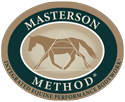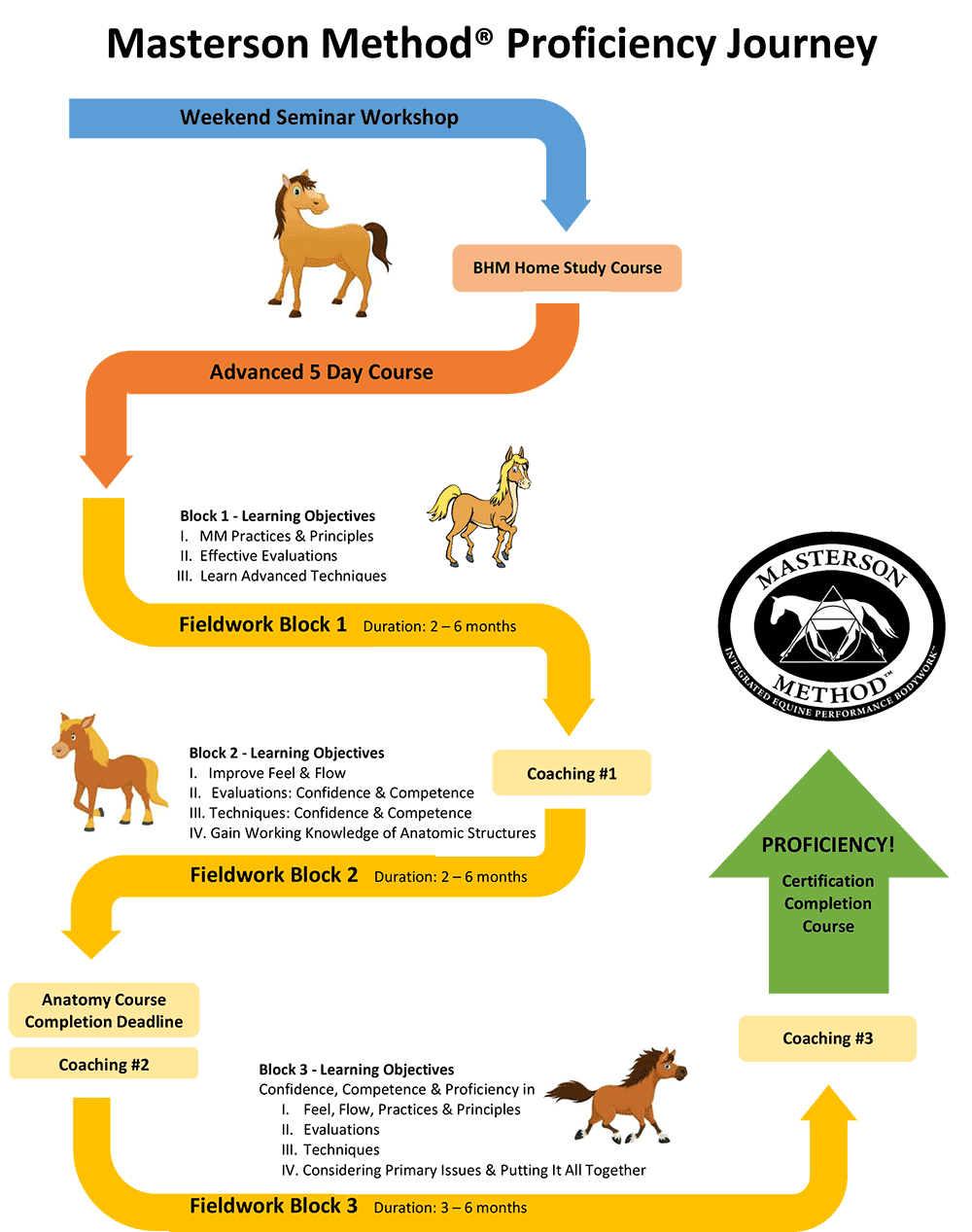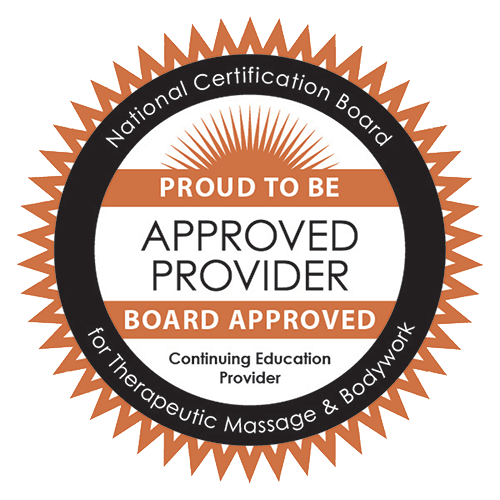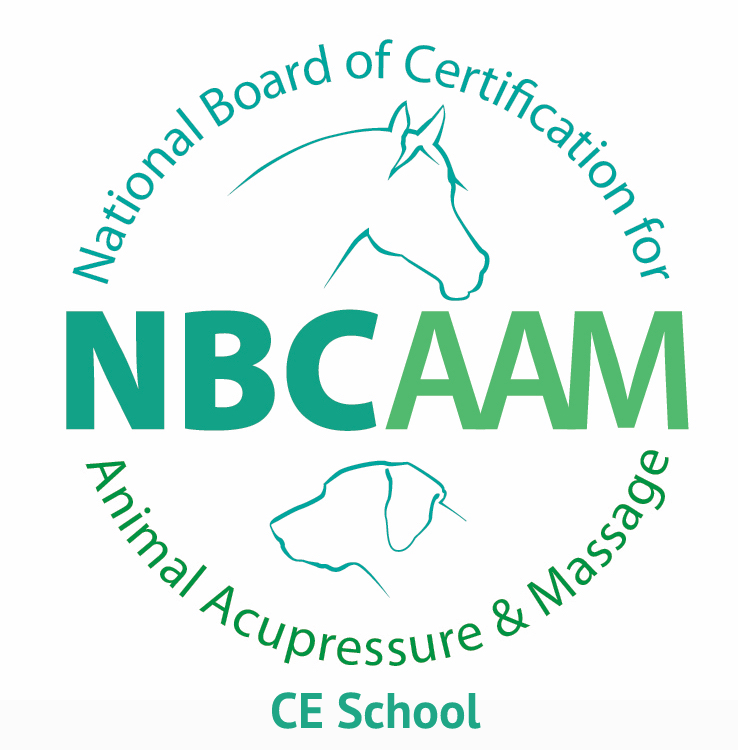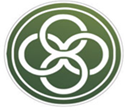In order to begin Fieldwork, students must demonstrate skills in horsemanship, handling, and safety, and have the basic physical fitness (strength, stamina, and stability) needed to safely and effectively complete a whole horse session. If we feel you are not ready to move on to Fieldwork, you could be asked to get further training.
Fieldwork is a (minimum) 6-month to (maximum) 2-year process whereby advanced students gain practical Masterson Method bodywork experience with horses in their area supported with remote Mentoring, combined with at minimum 3 private, full-day, in-person Coaching sessions:
- Students will complete a series of three blocks of Mentoring with 10 Masterson Method sessions on local horses (total of 30 bodywork sessions).
- Students will write a report after each Masterson Method session and submit it online for Mentor feedback. Students will need access to a computer (or tablet), email address, and Internet connection, however accommodations can be made for those without technology equipment.
- Each Block has a different focus:
- Block 1: Basic proficiency in Masterson Method practices and principles, advanced techniques, and evaluations
- Block 2: Improving competence in the principles, techniques, and evaluations; gaining a working knowledge of anatomic structures as they relate to the bodywork
- Block 3: Continuing to improve competence in the principles, techniques, and evaluations; considering primary issues and “putting it all together”
- At the completion of each Block, the student will attend a Coaching session to work one-on-one with a Coach. The Coach will both guide and evaluate the student’s progress with the Techniques. Coaching sessions can require travel depending how far away the nearest coach lives. Passing scores are required to proceed to the next block of Mentoring.
- If, at the third Coaching session (after the third block of Mentoring), a student is planning on attending the Certification Completion Course, the student must demonstrate a certain level of proficiency with the Techniques before being able to register for the Certification Course. The final Coaching session must be completed at least 4 weeks prior to attending the Certification Course.
Tuition: $2100 ($700 will be paid at the beginning of each Block)
Anatomy prerequisite: Before attending the 2nd Coaching Course, students will have either taken the Avalon Performance Horse anatomy course, Equine Anatomy and Health Considerations, or have taken an equivalent anatomy course, education or training.
